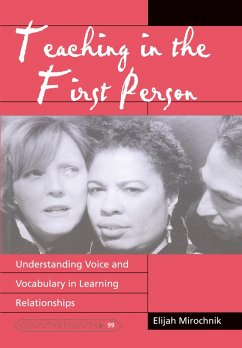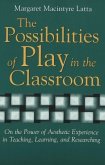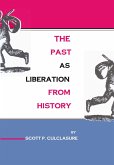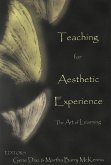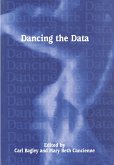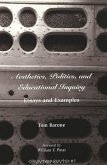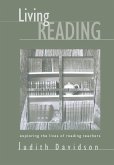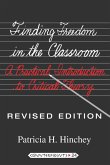The sharp contrasts in teachers' metaphors for their relationships with students set the stage for a critical comparison of traditional, modern, and postmodern educational approaches. In Teaching in the First Person , three university undergraduate teachers' metaphors for education emerge from their candid descriptions of interactions with their students. The rich vocabulary that the interviewed teachers used to portray their interactions with U.C. Berkeley undergraduate architecture students is woven into a larger examination of how assumptions that teachers hold about knowledge impact their treatment of students. The investigation of theory embedded within teachers' narratives begins with a cogent historical overview of paradigm shifts within science, poetry, education, and philosophical theories of knowledge. A critique of harmful educational practices supported by the traditional "mind as machine" metaphor for knowledge invites educators to embrace the postmodern "bodily basis for knowing" as a viable alternative that radically redefines the teacher/student relationship.
"More books like 'Teaching in the First Person' are needed in art and architectural education. Based upon ethnographic analyses of three beginning architectural design studios, Mirochnik skillfully dissects the theories of knowledge at play on the part of the design instructors and their consequences for both student and teacher learning. Mirochnik shows how all teaching is based on some theory, but more, he shows how too many teaching practices are based upon some very old assumptions about the formation of knowledge that actually resist the development of new pedagogies. A provocative read." (Thomas A. Dutton, Department of Architecture, Miami University, Ohio)
"In 'Teaching in the First Person', Elijah Mirochnik expands our understanding of the potential of pedagogical reflection by making thoughtful and often surprising connections between players' report of teaching and learning and well-known theories of metaphor and thought. Against the backdrop of studio learning in a school of architecture, Mirochnik analyzes the nuances of voice of three instructors and uncovers the relationship within and among their respective perspectives and the theories of knowledge that drive his inquiry. Likening his process to the balance of elements in a Calder mobile, Mirochnik artfully strings together the elements of observation, interaction, analysis, metaphor, expectation, relationship, and context. In doing so, he illuminates practice for both the subjects and the readers of this most engaging investigation." (Jessica Hoffmann Davis, Lecturer on Education and Director of the Art Education Program, Harvard Graduate School of Education)
"In 'Teaching in the First Person', Elijah Mirochnik expands our understanding of the potential of pedagogical reflection by making thoughtful and often surprising connections between players' report of teaching and learning and well-known theories of metaphor and thought. Against the backdrop of studio learning in a school of architecture, Mirochnik analyzes the nuances of voice of three instructors and uncovers the relationship within and among their respective perspectives and the theories of knowledge that drive his inquiry. Likening his process to the balance of elements in a Calder mobile, Mirochnik artfully strings together the elements of observation, interaction, analysis, metaphor, expectation, relationship, and context. In doing so, he illuminates practice for both the subjects and the readers of this most engaging investigation." (Jessica Hoffmann Davis, Lecturer on Education and Director of the Art Education Program, Harvard Graduate School of Education)

